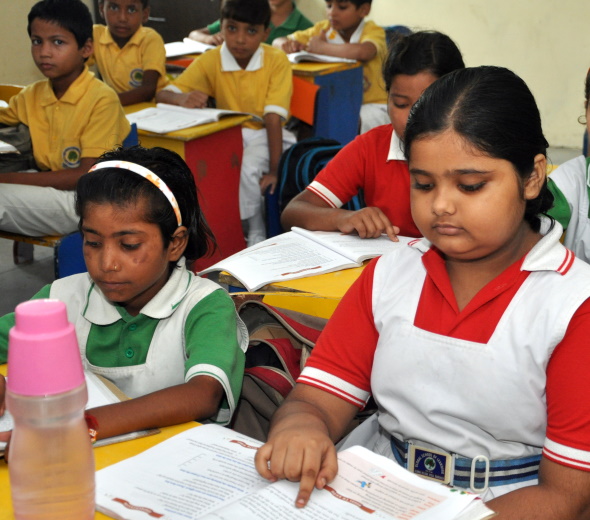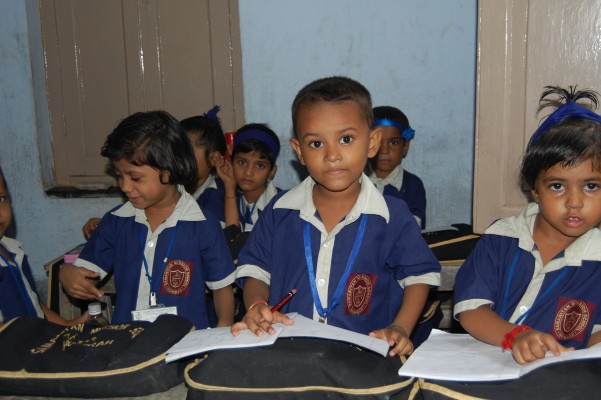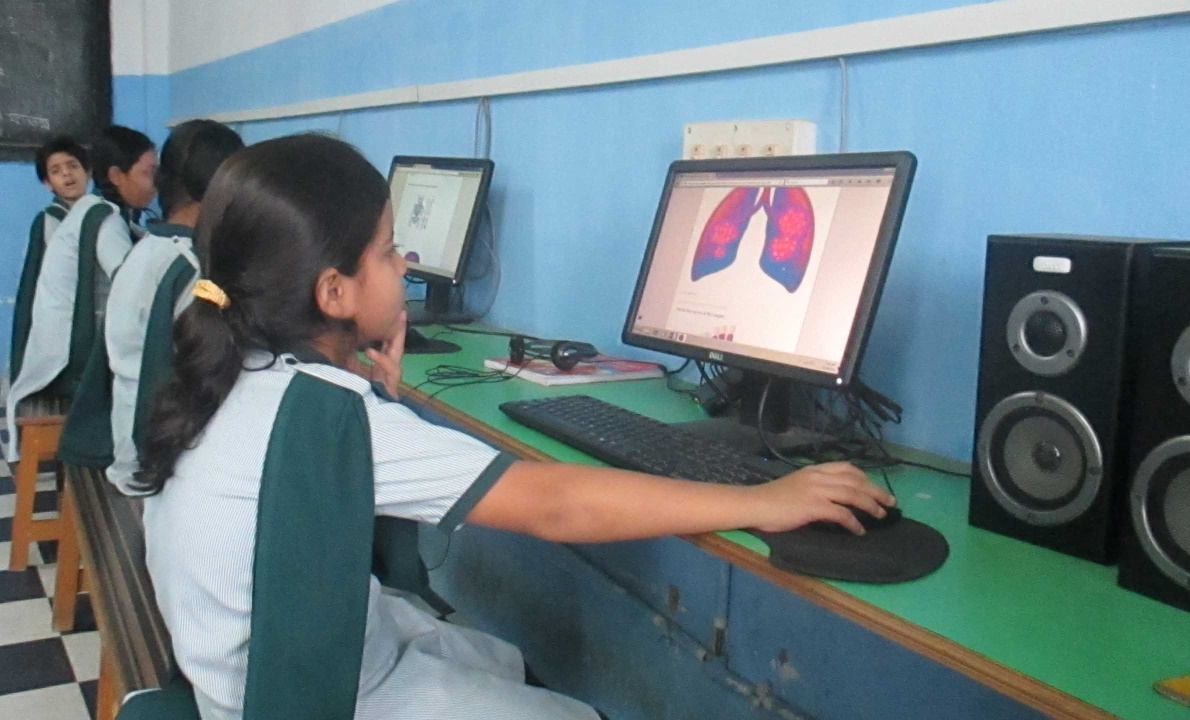Challenges and Opportunities
Since its formation in 1989 AFMI’s agenda has primarily focused on improving the educational status of Indian Muslims. It has been the organization’s continuing belief that in education lies the salvation of the community. The organization started with the bottom up strategy by supporting schools and students at the primary level. In its two decades of existence it has helped hundreds of primary schools across India from where thousands of students have graduated. The help included construction/ renovation of school buildings, providing of teacher and staff salaries, and scholarships and other financial aid for students. This included the provision of textbooks, notebooks & stationary, uniform, etc. The results paid off and we now see an overall improvement in the enrollment of Muslim students at the primary level. Several independent surveys support this assertion. For example, a study by scholars Sonia Bhalotra and Bernarda Zamora in their analysis of the Indian demographic and healthy survey (the National Family Health Survey) that provide representative data on 1,08,899 children in 1992/3 and 1,04,714 children in 1989/9 report a significant improvement in Muslim student numbers. The study reports that in Education, the two time periods under consideration the overall growth in enrollment is greater for Muslims than amongst upper caste Hindus and only just short of that of ‘lower castes.’ It is AFMI’s belief that its efforts also had a hand in the overall improvement. This is evident in the field work undertaken in the districts of Faizabad and elsewhere where AFMI has its flagship programs.


But this is only one aspect of the scenario. We also need to look at the other side to see where more effort is required. The above mentioned study also reports that out of the sample Muslim enrollment rates for boys and girls were at 66.5 per cent and 52.9 per cent. In addition, the report also states that drop-out starts earlier among Muslims than other groups. By the age of 14 there is a significant drop among the Muslims. This then is our challenge. To continue strengthening the primary school base of Indian Muslims while also expanding our support for students at the higher grades of school. Efforts in the regard are already being made by AFMI. In Kolkata, for instance, it has a plan for constructing a high school. In order to effectively implement its plans AFMI needs all the help that is out there. The American Muslim community in general, and the Indo-American Muslims in particular, have a special responsibility in this regard. If their help is not forthcoming then there is a real chance that much of the progress of past two decades will stall or be reversed. Education is at risk, and it is our responsibility to do all we can to wipe out the darkness of illiteracy from India. With the effects of the global economic crisis still being felt, it is vital that we support the vulnerable population in India in overcoming their inequality.
The Indian Muslim community, with all its internal economic variations, cannot alone rise out of its current situation. Even if all Muslims in India pay their Zakat then there is still a shortfall for meager sustenance let alone for educational excellence. Noted economist Abusaleh Shariff in his latest book about Indian Muslims states: “If all eligible households give Zakaat, the total amount of transfers are estimated to be Rs.8,020 million; but the estimated zakaat transfer is more likely to be of the order of Rs. 6,760 million. If this amount is uniformly distributed amongst the 5 million households that are below the line of poverty, then per household zakaat transfer works out to be Rs. 1,352 per year. This is on average about 10 per cent of the annual income of the poor Muslim households in India.” The North American Muslim community, despite the economic recession, is in a relatively good shape and can do miracles for the improvement of Indian Muslims. Through concerted efforts of organizations like AFMI there is a possibility that the Indian Muslims can come out of their present state of despondency. It is AFMI’s sincere hope that the North American community will open up its hearts and wallets for this noble cause. AFMI is heartened that the Indian government is seriously taking initiatives in improving literacy and primary education. The government has stated that it is committed to attain universal literacy by 2020. Similarly, UNESCO through its ‘Education for All’ initiative is aiming to achieve 100 per cent enrollment of school age children by 2015. AFMI welcomes such initiatives and believes that it can play a complimentary role in achieving this common goal.

